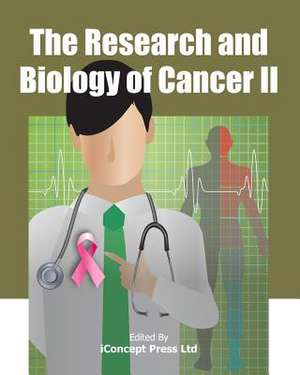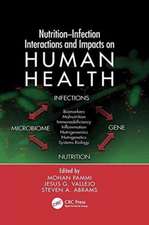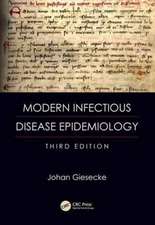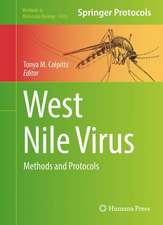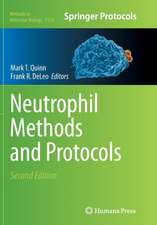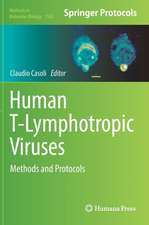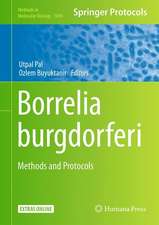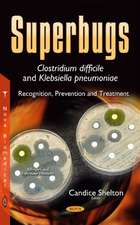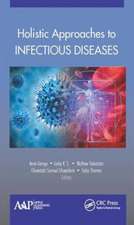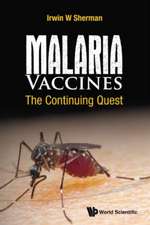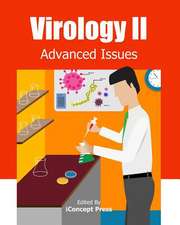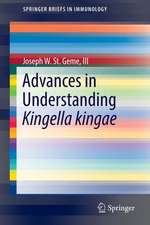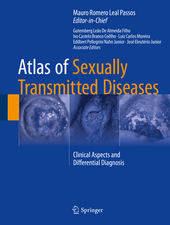The Research and Biology of Cancer II
en Limba Engleză Paperback
Chapter 1 discusses personalised combination therapy targeting PI3K/Akt, STAT3, ERK, and EGFR signalling pathways which may provide clinical benefits for patients with HNSCC. Such therapy is useful because molecular cross-talk between the EGFR and other RTK signalling pathways through PI3K/Akt, STAT3, and ERK in HNSCCs, EGFR inhibitors alone may be unable to suppress EGFR downstream.
Chapter 2 describes tissue based LCM, which is a powerful technique that combines morphology, histopathology, and molecular biological analysis. The ability of LCM to retrieve specific populations of interested cells, combined with the analysis of gene sequencing and gene expression in these sub-population of cells, has made LCM an critical device in clinical and investigative oral oncology.
Chapter 3 discussed several aspects about the use of the Micronucleus Test to identify genetic damage in individuals at higher risk of developing oral squamous cell carcinoma and evaluated the malignant transformation potential of precancerous lesions.
Chapter 4 aims to picture the landscape of metastatic renal cancer starting from its pathogenesis, molecular markers, prognostic factors, metastatic potential, with emphasis on the recent evolution in the treatment of metastatic renal cancer cases.
Chapter 5 discusses skin-level jejunostomy (SLJ) tube placement technique using the G-tube, which is a safe procedure in patients with esophageal cancer. It allows the creation of a long-term feeding jejunostomy.
Chapter 7 offers a comprehensive review of the small bowel neoplasms, as well as its varied clinical manifestations, diagnostic challenges and management principles.
Chapter 8 reviews the current research efforts to identify biomarkers suitable for non-invasive colon cancer screening.
Chapter 9 conducted a pilot study to determine the safety and feasibility of an early start of chemotherapy after the resection of colorectal cancer with distant metastases. Chemotherapy usually starts after 4 weeks of surgical resection of colorectal cancer. Unfortunately, there is no study on the optimal length of this delay. A patient may die because postoperative chemotherapy was not started soon enough and so a metastatic tumor was able to develop rapidly. This chapter gives a good review of this problem.
Chapter 10 focuses on the putative role of intestinal microbiota in the development of colorectal cancer, describing his metabolic functions and relation with diet, and his interaction with host's immunity and with molecular and morpho-functional activity of gastrointestinal tract.
Chapter 11 describes an approach used for identification of a novel PPI. It shows that an uncharacterized protein, two-transmembrane protein 88 (TMEM88), is a binding partner of Dishevelled (Dvl/Dsh) by using a combination of techniques, including bioinformatic, biophysical, and biochemical methods.
Preț: 561.06 lei
Preț vechi: 590.58 lei
-5% Nou
Puncte Express: 842
Preț estimativ în valută:
107.36€ • 112.37$ • 89.36£
107.36€ • 112.37$ • 89.36£
Disponibil
Livrare economică 10-24 martie
Preluare comenzi: 021 569.72.76
Specificații
ISBN-13: 9781922227423
ISBN-10: 1922227420
Pagini: 230
Dimensiuni: 203 x 254 x 15 mm
Greutate: 0.46 kg
Editura: Iconcept Press
ISBN-10: 1922227420
Pagini: 230
Dimensiuni: 203 x 254 x 15 mm
Greutate: 0.46 kg
Editura: Iconcept Press
